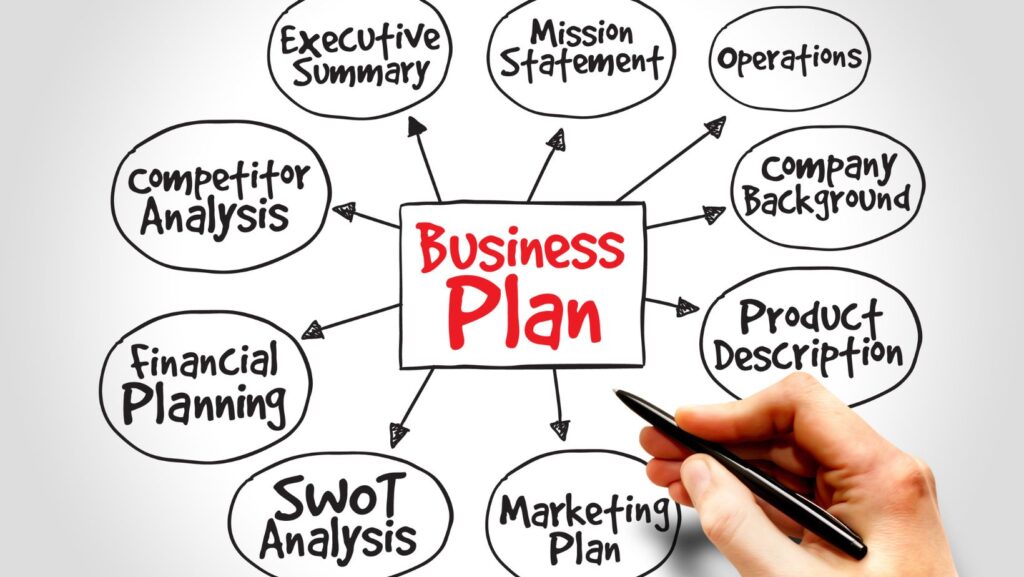The world can be unpredictable, and there are many potential issues that can disrupt business. The pandemic is a perfect example of this, as it left most businesses unprepared, with many struggling to maintain success during this period. This is why emergency planning is so important in the business world so that your company can navigate a crisis and come out the other side. Keep reading to find out more.
The Need for an Emergency Plan
Statistics show that around 25% of businesses do not reopen after a disaster. This is a high percentage and highlights the need for businesses to plan ahead. There are many emergency situations that could harm or destroy a business, such as a cyber attack, natural disaster, or economic downturn.
Risk Assessment
The first step in emergency planning is a risk assessment. This will involve identifying potential threats to your business so that you can plan ahead. As mentioned above, businesses face many potential risks, but some will be specific to your company based on your industry and location.
Components of an Effective Emergency Plan
There are a number of key components of an effective emergency plan. These include:
Communication Protocols
Strong communication is critical to navigating any kind of emergency.
This is why you need to establish clear communication protocols, which will involve having designated communication tools to use in an emergency and making sure that contact lists are up to date.
Evacuation Procedures
There are many emergencies that will require evacuating the premises. You need to have well developed plans for staff and emergencies, including routes to take and assembly points as well as signage that those unfamiliar with the building can follow to get to safety in an emergency.
Emergency Power: Battery Clips
Power outages are a common crisis that can disrupt operations and cost a business huge amounts in terms of downtime. This is why it is vital that you have backup power that will keep you operational in the event of a power outage.
Battery clips are useful devices that allow you to quickly connect backup batteries to essential devices so that you can use power in an outage or remote area. These are particularly useful in industries like manufacturing, where battery clips can keep production running in a blackout with the use of industrial controls.
Business Continuity & Recovery
A well-prepared emergency plan will minimize downtime during and after an emergency, keeping the business operational and saving money. Recovery strategies, including financial planning and insurance coverage, should also be considered.
Emergency planning is critical for businesses in every industry. The information in this post should help you establish the main threats to your business and help you develop emergency plans that will help you navigate a crisis and come out the other side.




More Stories
How To Analyse And Update Your Business Coverage Plans
What is Game Aggregation?
Small Business Survival Tactics for Thriving in Recessions